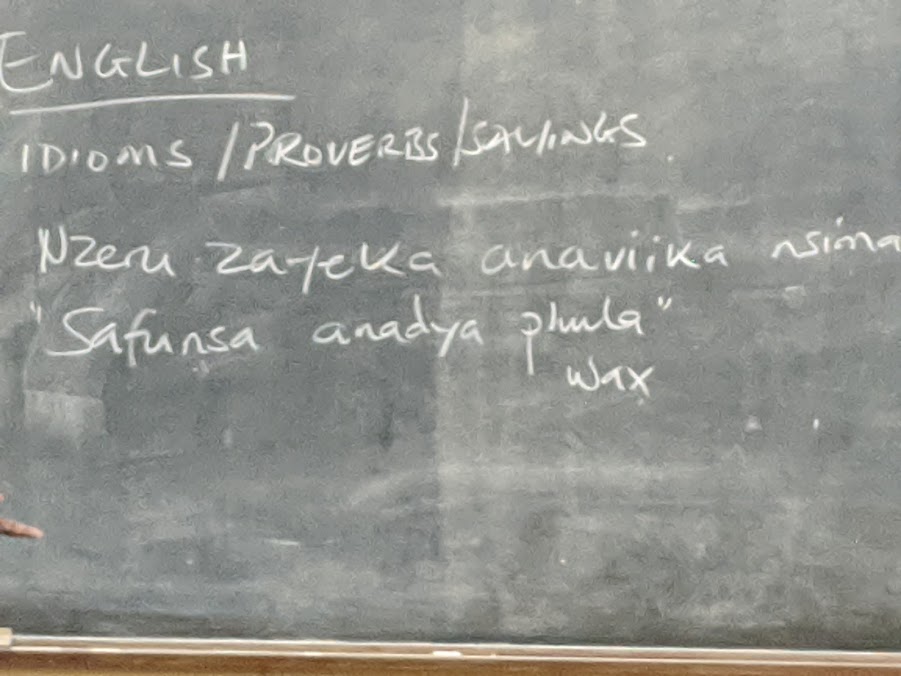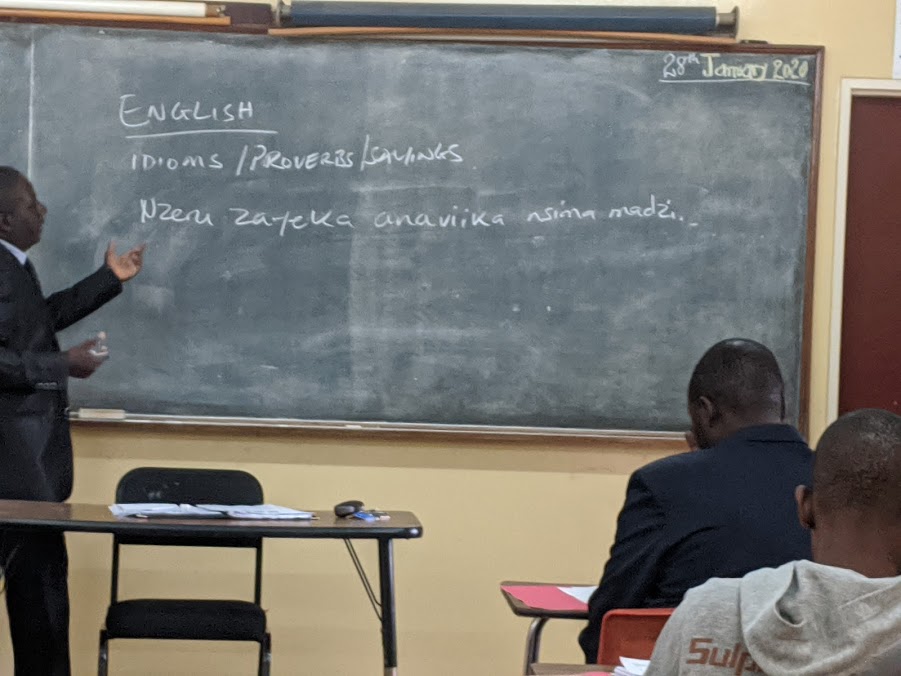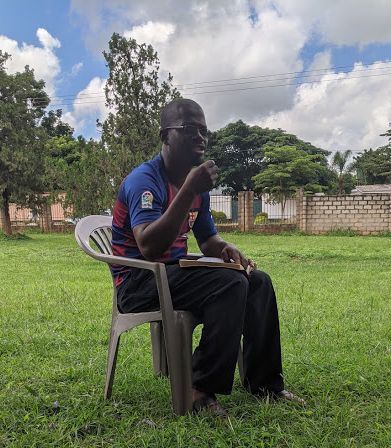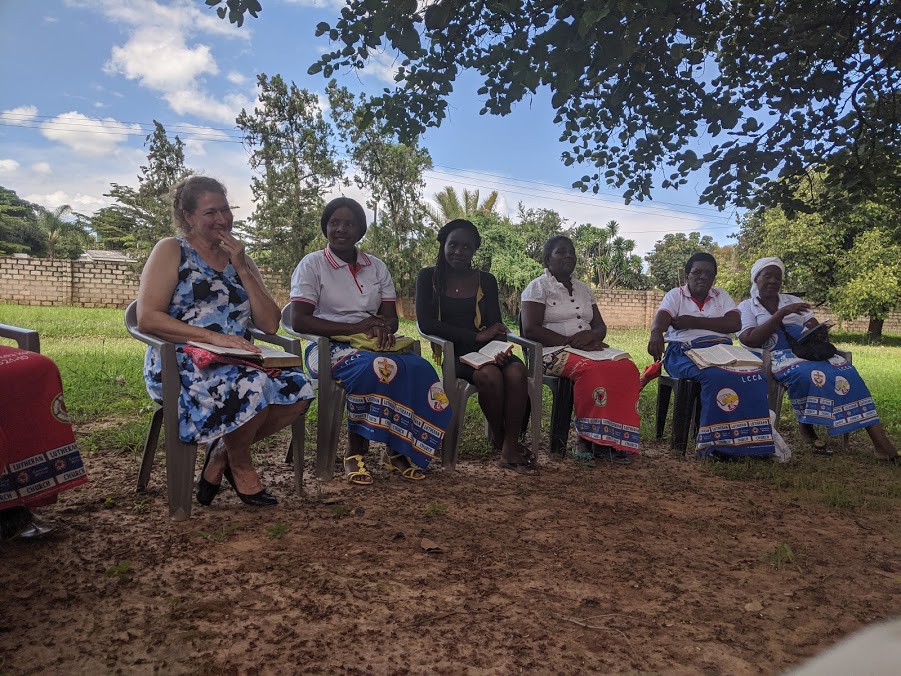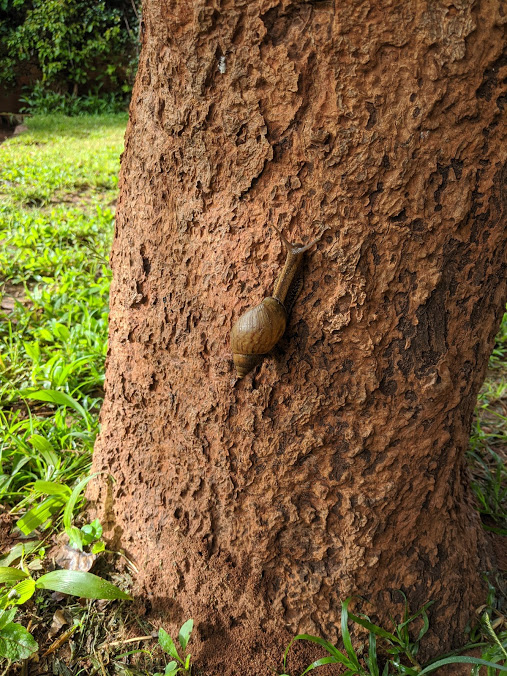Introducing the Confessional Lutheran Institute

By the middle of this century the population of Africa is estimated to reach 2.4 billion people, one-quarter of the estimated 9.8 billion people who will on the planet. That is a staggeringly huge mission field which will require many workers to gather in the full harvest. The Wisconsin Evangelical Lutheran Synod (WELS) has a small but significant role to play in making God’s kingdom come in Africa, through the work of the Confessional Lutheran Institute (CLI). This is the first of a three-part series of articles that will introduce you this new initiative of the WELS Board for World Missions working through One Africa Team. The CLI brings various aspects of worker training and enrichment together under one umbrella, in order to better coordinate our joint efforts with our partner churches across the continent of Africa. The CLI’s work is divided into three branches: Seminary Consultation, Formal Continuing Education and Professional Development.
The Wisconsin Synod has been training African Lutheran pastors since the 1930’s. Along the way, many difficult lessons have been learned, but God has blessed the work of his flawed servants and has planted thriving national churches through their efforts. WELS mission work in Africa has reached a watershed moment. God has raised up local leaders in established fields like Malawi, Zambia, Nigeria and Cameroon as well as areas where Lutheranism is emerging like Liberia and Uganda. It is clear that WELS cannot send missionaries to live in each of these countries, nor is it advisable. The huge opportunities presenting themselves to us and our African partners call for a very different strategy, as WELS leverages its expertise and resources to support the development of local, nationally-operated seminaries.

Setting up a new seminary program is a challenging task that requires a great deal of forethought and planning. It is more than just a matter of constructing buildings and hiring teachers. The first question to ask is, “Who is your target audience?” What kind of people make up your church? For example, farmers living in remote rural areas have a very different view of the world than college-educated professional workers located in the sprawling urban centers of the country. God’s Word speaks the same messages of sin and grace to all people, yet it applies to people’s specific needs in infinitely various ways.
Likewise, pastors do not just deliver informational content to their members. They are leaders, shepherding their flocks after the manner of the Good Shepherd. A pastor training program must address the intellectual, emotional, behavioral and spiritual formation of its students. To do that, you need to know your students – where they come from, how did their families and communities influence them, what education have they received? A good pastor training program helps students build a bridge between God’s word and the people they will serve.
Once the target audience has been identified the next question is, “What does your program look like?” What are the minimum standards you expect of new students, and what process will you use to vet them? How long a period of time can you expect your students to engage in formal learning activities? Is it a matter of years or months? Are they engaged in full-time studies, or are they expected to have part-time jobs on the side? As for the subjects they will study, seminary courses traditionally fall into the following four categories: Doctrinal Studies, Biblical Studies, Historical Studies and Ministerial Studies. But does it make sense to borrow the curriculum from a seminary that serves a completely different target audience? Wouldn’t it be better to match course content with the needs of the people?
After you know what your program looks like the next question to ask is, “What manpower is needed?” Who is going to oversee the program? Who will teach the content and evaluate student progress? Who in your church body is qualified to serve, and how will they be compensated?
The very last question to ask is, “What material support is needed?” Buildings, textbooks, computers and salaries are all part of plan that ultimately serves the needs of the church, and not the needs of the seminary. What support can the local church provide? What additional support is required? What about sustainability? As you can sense, there are many questions that need to be answered before the first day of school.
The Seminary Consultation branch of the CLI not only helps establish new worker training programs. The CLI is equipped to provide resources for teaching, guidance in education and assessment practices, assistance in curriculum planning and materials, and guidance on program standards. Our consultants are Africa missionaries, instructors from the Pastoral Studies Institute (PSI) of Wisconsin Lutheran Seminary, WELS missionaries engaged in theological education in other parts of the world, and national leaderswho have a long history of training Lutheran pastors in Africa. Additionally, CLI seeks to provide sister seminaries assistance in the area of instructor development. The best teachers are those who keep learning throughout their careers. CLI can provide tools for self-assessment and resources for continuing growth.

CLI also provides short and long term WELS instructors for our programs. This may mean sending a Missionary to live in a country for two weeks to teach an intensive class, or it may mean sending two missionaries to teach for years at one specific seminary. It may also mean partnering with the PSI to coordinate WELS pastors to come to teach for a few weeks or months, or coordinating the sharing of African professors between church bodies.
The CLI Seminary Consultancy branch does not seek to run seminaries, dictate local policies or determine what program will be used in a sister church’s training program. Since every worker training system is different, the exact role of seminary consultation will vary from church body to church body. Rather, our goal is to provide encouragement and positive feedback to our brothers who are preparing the next generation of God’s harvest workers. We celebrate all our Gospel partnerships, just as the Apostle Paul wrote to the Christians in Philippi: “ I always pray with joy because of your partnership in the gospel from the first day until now, being confident of this, that he who began a good work in you will carry it on to completion until the day of Christ Jesus.” (Php 1:4-6)
Missionary John Roebke lives in Malawi and directs the Seminary Consultation branch of the Confessional Lutheran Institute. This is the first of a three-part series on the CLI.
Please pray for those working in fields that are ripe for harvest. Share their story, engage with future news and receive updates. Learn more about our mission fields in Africa and how the Holy Spirit is working faith in people’s hearts at https://wels.net/serving-others/missions/africa


